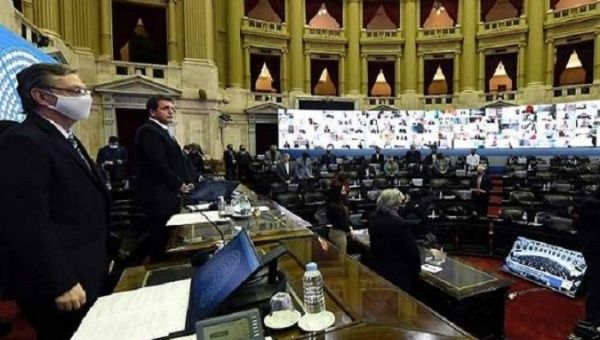Argentina’s Lower House has approved a law that creates a payment plan to allow the about 800,000 citizens who are of retirement age but do not have the years of retirement contributions to access this benefit.
These citizens will be allowed to pay the missing contributions in up to 120 installments that will be deducted directly from the retirement they obtain. The initiative, promoted by pro-government politicians and backed last year by the Senate, was approved with 107 votes against and 134 votes in favor.
Until now, Argentinians who could not qualify for retirement could apply for the so-called “universal pension for the elderly,” which grants about 80 percent of a minimum pension. There are about 7 million retirees and pensioners in Argentina, whose national pension system is funded by mandatory social security contributions that workers pay during their lives as employees.
The minimum retirement age for Argentinians is 65 for men and 60 for women. However, citizens must have contributed at least 30 years to the pension system to be able to retire.
Due to the national economic crisis, which has led to a boost of informal labor, and the growing emergence of specific jobs without social security contributions (for example, women in care work), the government approved temporary measures to allow people to retire with fewer contributory years, but with a lower pension.
Argentinean President Alberto Fernandez, however, stressed the need to adopt a comprehensive and more just law on the matter. “We celebrate that the deputies finally approved the payment plan law, which is so important and has been so expected by thousands of citizens willing to retire,” National Social Security Administration (ANSES) Fernanda Raverta stated.


